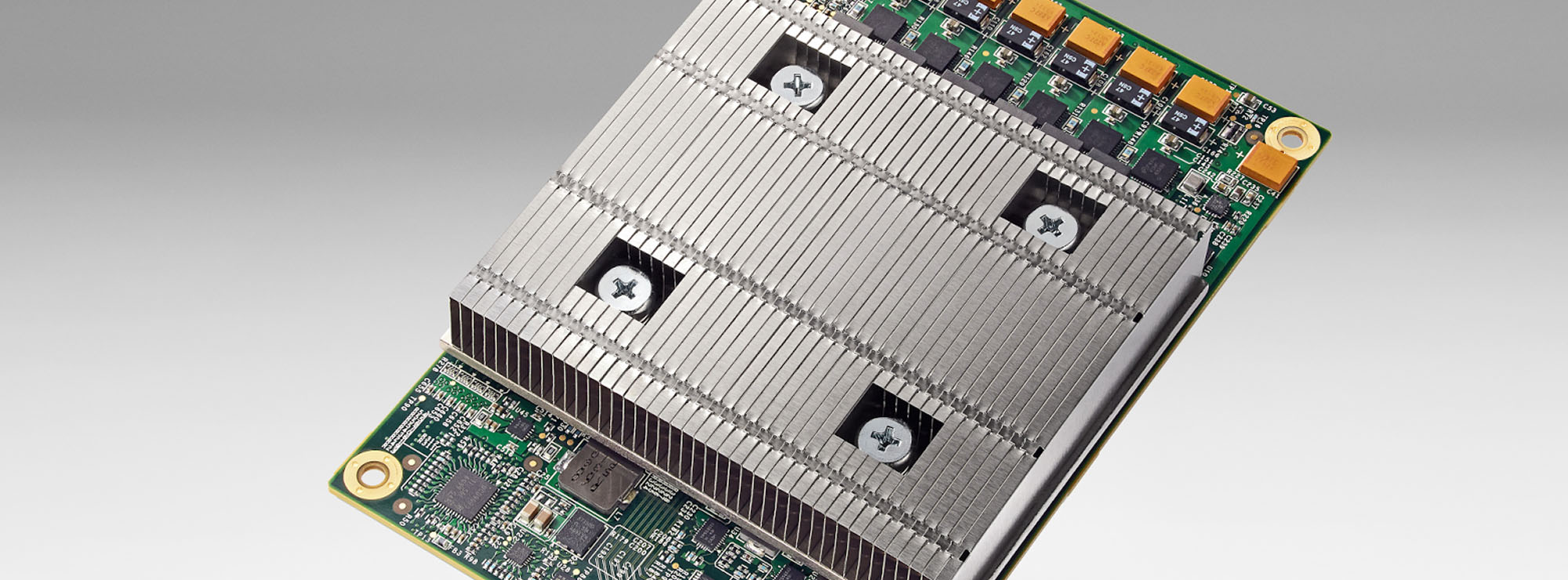WHY THIS MATTERS IN BRIEF
AI Agents are increasingly being used within companies, and now they’re starting to be treated in the same way as human employees.
 Love the Exponential Future? Join our XPotential Community, future proof yourself with courses from XPotential University, read about exponential tech and trends, connect, watch a keynote, or browse my blog.
Love the Exponential Future? Join our XPotential Community, future proof yourself with courses from XPotential University, read about exponential tech and trends, connect, watch a keynote, or browse my blog.
Anthropic, one of the U.S.’s leading Artificial Intelligence (AI) labs, anticipates that AI-powered virtual employees could emerge in the workplace as early as next year.
In a recent interview with Axios, Jason Clinton, Anthropic’s Chief Information Security Officer (CISO), said the virtual employees with AI identities could have their own “memories,” roles in the company, and even their own corporate accounts and passwords.
Virtual employees integrated into a corporation would mark a significant step up from the AI agents currently on the market.
Today’s AI agents are like specialized tools – built to handle single, well-defined jobs like flagging phishing attempts or spotting potential security threats and then working in collaboration with one another to complete end to end tasks.
In contrast, virtual employees represent a whole new class of AI: intelligent systems with broader responsibilities, deeper integration into daily workflows, and the ability to make decisions independently.
However, Clinton said that the introduction of AI agents would bring with it a host of cybersecurity concerns, such as complications around securing the AI employee’s user accounts and mitigating the risk of them going rogue.
“In that world, there are so many problems that we haven’t solved yet from a security perspective that we need to solve,” Clinton told the outlet. He added that Anthropic was already working on mitigating the risks with methods such as testing its models to ensure they can withstand cyberattacks and monitor safety issues around the threat of abuse by malicious actors.
Companies have been increasingly enthusiastic about the prospect of limitless AI virtual employees as they promise both cost savings and productivity gains at a scale that human workforces can’t match.
Shopify CEO Tobi Lütke made this explicit in a recent internal memo that told employees AI tools should be the first port of call for any task, even before requesting additional headcount.
He told employees that, moving forward, they must demonstrate why AI cannot accomplish a job before new hires are approved.
At Klarna, CEO Sebastian Siemiatkowski went further, arguing that generative AI has already supplanted the need for new hires.
He revealed that the company halted all hiring a year ago, as its AI assistants absorbed the workload of roughly 700 customer-service staff, cutting resolution times from 11 minutes to two.
Beyond cost and speed, AI employees could also unlock new ways of working. AI is particularly good at coding tasks, and several tech companies, including Google and Meta, are already outsourcing a sizable amount of this work to internal AI systems.
Virtual employees can operate 24/7 and handle vast amounts of data at speed, potentially speeding up workflows. However, the rise of AI has caused concerns about mass job losses among employees.
Some jobs, often admin-heavy and repetitive, have been shown to be particularly exposed to advanced AI systems.















